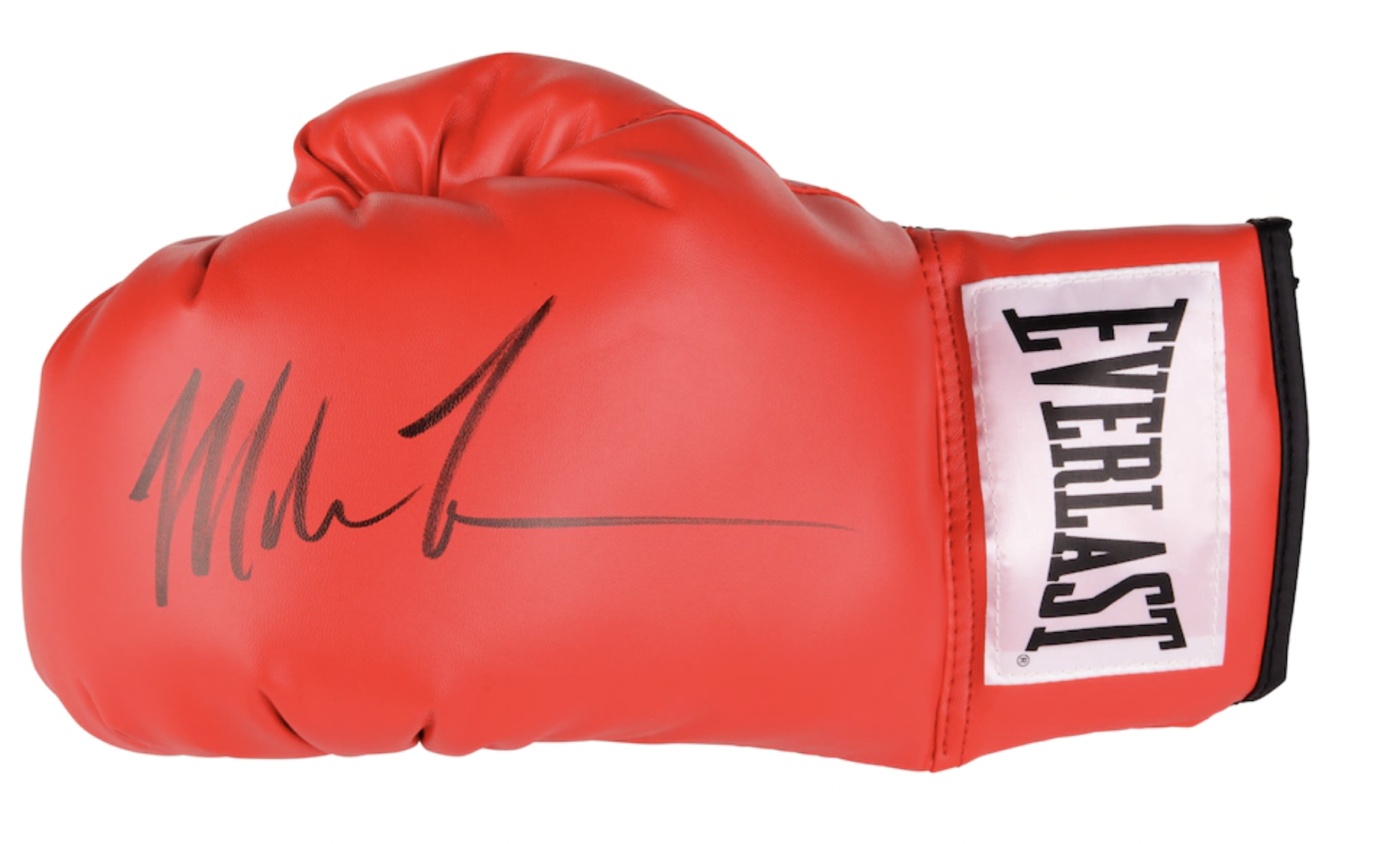Bobby Lashley has long been one of pro wrestling’s biggest stars, but there was a time when it looked as though he would find similar success in MMA.
Appearing on The MMA Hour on Wednesday, the new WWE champion talked about why he decided that it was no longer feasible for him to continue competing in MMA despite winning fights for major promotions like Bellator and Strikeforce.
“I think because when I came into it, I came into it with the wrong mind frame,” Lashley said. “When I originally came into fighting, I came into it saying I want to do one fight. Then I won one fight, then another fight, and then another fight, and then all these things started getting thrown at me. The hardest thing with me with fighting was I had all these fights, I think I had 18, 19 fights, something like that, there was some that were kind of like smaller fights that didn’t really get put on my Sherdog record, but I didn’t ever have an actual training camp. Never had a training camp.
“That was one thing when I was like, ‘Man, can we run for the title? I want to run for the title.’ I’m a single father, so I had my kids, and I what I was literally doing is I was having to run down to [train with Josh] Barnett. I did some work with Barnett, I was running down to American Top Team and I would be there for a week. And then I had to run home and I was with my kids and then I’d run back and I’d get a little bit of sparring in a couple of days here or there and Josh would come up and meet me and he’d do a little bit with me. So my camps were just so broken and as a fighter, once you start moving up the levels, you really have to have a game plan. You’ve really got to have a team, you’ve really got to have everything together.”
Lashley, 45, mentioned being envious of fellow pro wrestler-turned-MMA star Brock Lesnar — who he shared the ring with at the WWE’s Royal Rumble event last Saturday — who built a gym next to his house and flew people in to train with him so that he could maintain the lifestyle he wanted. During his fighting days, Lashley lived in Denver and says he didn’t have a full-time gym that he called home.
When it became that Lashley couldn’t improve his situation to the point that he felt he needed to to truly excel in fighting, he knew it was time to retire.
“I built an American Top Team in Denver and I was like, maybe I can bring people in,” Lashley said. “But now these are a lot of expenses that I was taking on and now I’m running a gym. Now I’m selling my cardio kickboxing class and trying to push my crossfit courses and I was like alright, this is pulling me further away from what I’m trying to accomplish.
“I was like, if I want to do this thing full time, get in the UFC and make a run or stay with Bellator and run for that title, I’ve got to put it all together and it was challenging. I didn’t find a way that I could do it and I didn’t want to take any time away from my kids, so I was kind of in an awkward situation.”
Given that he’d spent time training at various gyms with high-level fighters, Lashley wondered what would have happened if he’d made a permanent move to San Jose to train with the likes of Cain Velasquez and Daniel Cormier at American Kickboxing Academy, or to Florida to work with Dan Lambert’s loaded roster at ATT in Florida. That said, he credits the coaches that he did have with getting him as far as he did.
Lashley last fought in 2016, ending his pro fighting career with a 15-2 record that includes a 5-0 mark inside the Bellator cage. The partnership with Bellator worked out well as Lashley was allowed to compete for the promotion and also pursue pro wrestling bookings.
That flexibility would not be possible in the UFC, and Lashley pointed to that as the main reason for why he never made the walk to the octagon.
“I’m not a hundred percent sure, but I know that Dan had talked with Dana at one time and Dana he was fair with it, he said, ‘You know we can’t offer him a huge contract, but we will give him something that he can get his foot in the door and kind of prove himself,’” Lashley said. “That’s all I knew and then when I talked with Dan about it — Dan’s a huge pro wrestling fan — Dan was like, ‘They want you to sign everything. There’s no more pro wrestling. Are you ready to shut the doors on pro wrestling?’ I was like, ‘Golly.’ You can’t offer me a contract and say, ‘Yeah we bring him in, but he needs to shut all of that down and get small money.’ Because the wrestling is something that I knew that I could really make some good money on long term. So I couldn’t take a small contract to prove myself where I had pro wrestling where I’d already proven myself and that was always my money bag that I could always go back to. So I really couldn’t do it.”
“Everything was left up in the air for me with Coker and I wish I could have done that with Dana, but I understand that you can’t do that in the UFC,” Lashley added. “He’s not gonna let anybody have that part-time, do-whatever-you-want kind of contract and that’s what I needed and that’s what he wasn’t willing to give.”


Loading comments...